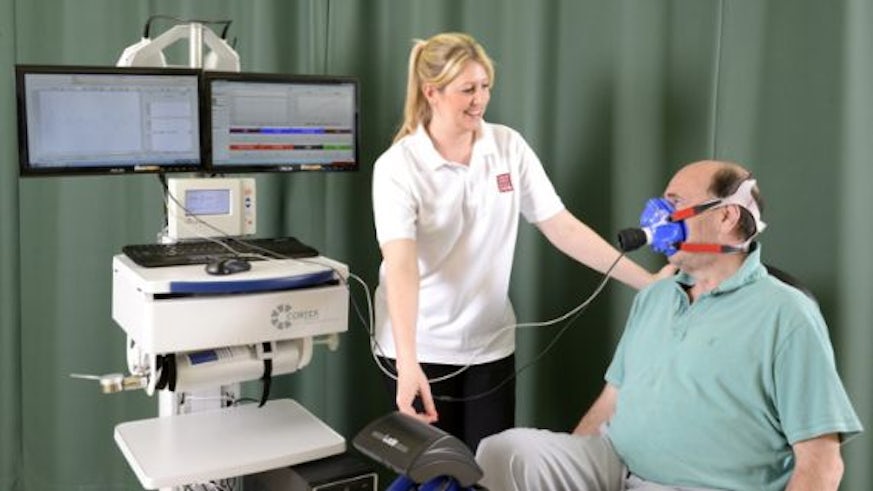Engage-HD
17 July 2017

Research from the Centre for Trials Research at Cardiff University suggests that patients with Huntington’s disease (HD) could stay active for longer if they follow well-designed and professionally supported exercise programmes.
HD is a genetic disorder affecting the brain and causes people to slowly lose their ability to move and think. Currently, there are no treatments (including medicines and other therapies) that can be used to slow down or stop the disease progressing. It is thought that exercise and physical activity may be a good and inexpensive way of helping people with HD keep their movement and thinking for as long as possible. Researchers on the Engage-HD study developed a program of exercise for people with HD and did a clinical trial to assess if it was possible to support participants to follow the programme.
Engage-HD was conducted at eight specialist HD centres across the UK and included 46 people with HD:
- 22 people were put in the ‘exercise’ group
- 24 people were put in a ‘social contact’ group.
The exercise group took part in physical activity for 16 weeks, helped by a coach who supported them through 6 home visits and 3 telephone calls. Exercises were guided by a specially made exercise DVD and a workbook. The study team measured if the coaches supported the people to do exercise as they were supposed to and how well the people in the exercise group stuck to doing the increased physical activity.
The social contact group did not get the exercise coaching or exercise materials, but they did get the same number of home visits and telephone calls.

Using a novel, web accessible data collection system, researchers measured four key areas:
- thinking
- movement
- quality of life
- the person’s thoughts about how well they can do things.
There were no differences between the exercise and social groups with regards to the participant’s ability to move or think. However, those people in the exercise group reported higher levels of physical activity and greater confidence in being able to do exercise.
This information may now be used to design larger studies to see if a program of exercise can help people with HD stay as fit and healthy as possible for longer.
Professor Monica Busse, Director of Mind, Brain and Neuroscience Trials at the Centre for Trials Research said of the Engage-HD study:
“After more than 5 years working to establish this concept, we are incredibly pleased to be in a position to realistically support people with Huntington’s Disease to be active in spite of their disease-related challenges...”

“We are indebted to our funders, Health and Care Research Wales, as well as our colleagues at research sites across England, Wales and Scotland and our friends at the Huntington’s Disease Association of England and Wales - but above all to the research participants who helped us to make this project a success.”
“We now hope to build on this research to help provide practical evidence-based programmes that can benefit HD patients.”
‘Physical Activity Self-Management and Coaching Compared to Social Interaction in Huntington Disease: Results from the ENGAGE-HD Randomized, Controlled Pilot Feasibility Trial’ is published in Physical Therapy.
Share this story
Our portfolio of work includes drugs trials and complex interventions, mechanisms of disease and treatments, cohort studies and informing policy and practice.


